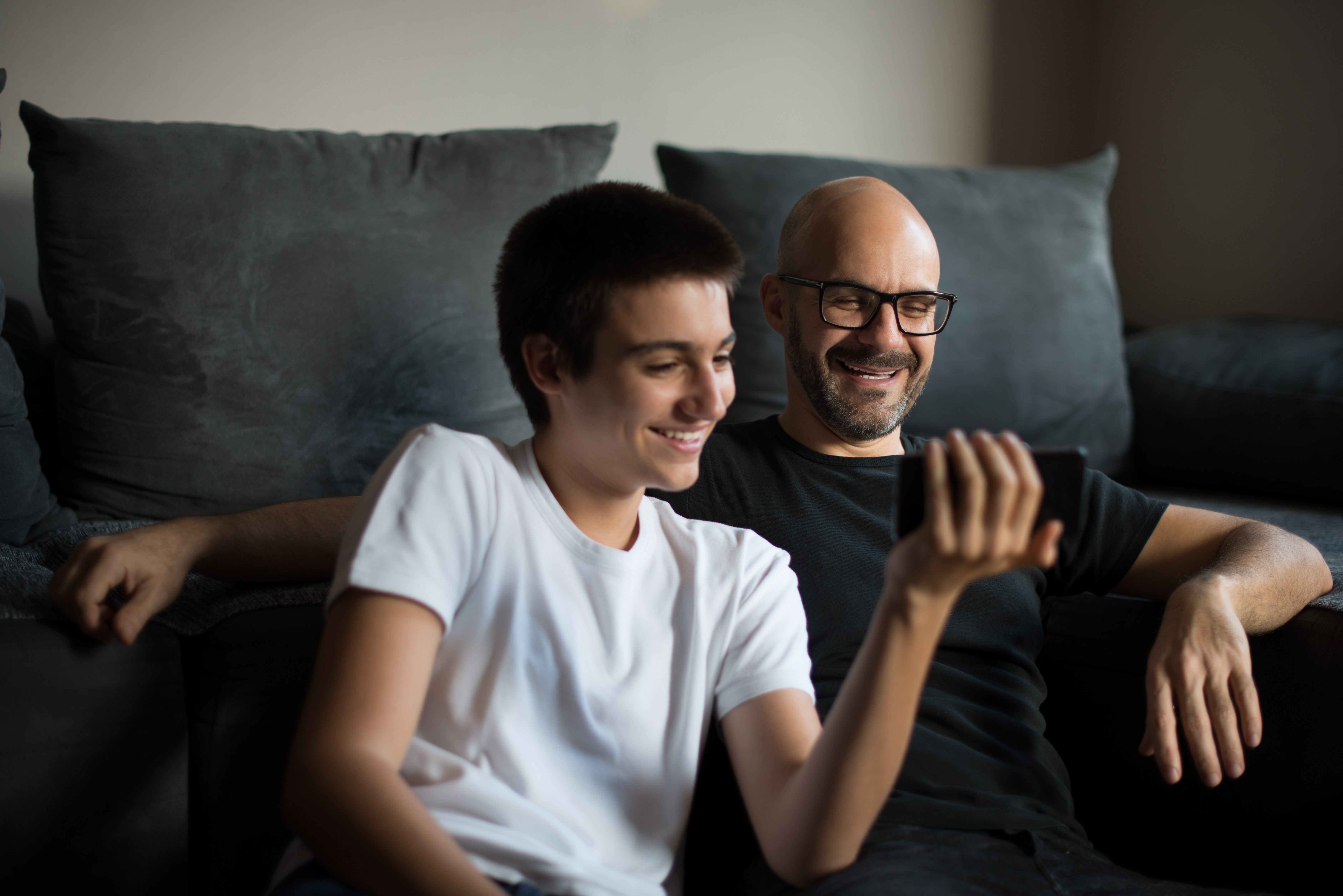Media release
From:
It’s less than six months before Australia’s social media age restrictions kick in. But while the onus is on social media platforms to prevent underage access, child protection experts at the University of South Australia say the conversation about online safety doesn’t stop there.
UniSA’s Associate Professor Lesley-Anne Ey says parents and schools must continue online safety conversations, so children can navigate the digital world safely and responsibly – no matter what their age.
“Parents are the first line of defence to protect children online,” says Associate Professor Ey.
“From the moment children start using devices, parents need to be having age-appropriate conversations about the content they access and how they interact and behave online.
“This should include understanding privacy, who to ‘friend’, the open nature of the internet, and how anything they post – from text to photos or videos – may remain online and accessible for years.
“We also need to be talking openly about risks. We should be labelling harmful behaviours – including sexting, AI-generated deep fakes, online bullying and grooming – and helping children understand the legal and psychological impacts of their actions.
“Because children’s brains are still developing, they often act on impulse without considering the consequences. They’re naturally more inclined to take risks and assume they’re safe – but the reality is they’re not, and they need strategies to protect themselves.”
On 10 December, Australia’s new social media laws will take effect, with social media platforms – including TikTok, Snapchat, Reddit, Instagram, Facebook and YouTube – required to take ‘reasonable steps’ to prevent children under 16 from having an account on their platform.
The legislation intends to protect young people from being exposed to social media content that could be damaging to their health and wellbeing at too young an age. While legislation is one part of the solution, Assoc Prof Ey says the real impact lies in building digital literacy across all platforms.
“Online safety isn’t a one-off talk or an age restriction to delay use,” Assoc Prof Ey says. “It’s an ongoing conversation between schools, families and children to help them navigate the digital world safely and responsibly.
“While the social media restrictions will certainly help, children will still be playing online games, joining chat groups, sharing photos, and sending videos and texts – so it’s vital that they’re equipped with age-appropriate tools to navigate these spaces safely.
“Education is key: we need parents and teachers to have the skills and knowledge to support children; we need ongoing training to understand the risks and benefits of new technologies, and we need ways to empower young people to use these to enhance, not limit their lives.
“Crucially, we must ensure that children and young people know they have a safe, trusted person to turn to if they feel worried about something they’ve seen or heard online.
“Because in the end, it’s not just about keeping children off social media – it’s about giving them the knowledge, confidence and skills to thrive safely in a digital world that will only keep growing.”
The University of South Australia and the University of Adelaide are joining forces to become Australia’s new major university – Adelaide University. Building on the strengths, legacies and resources of two leading universities, Adelaide University will deliver globally relevant research at scale, innovative, industry-informed teaching and an outstanding student experience. Adelaide University will open its doors in January 2026. Find out more on the Adelaide University website.



 Australia; SA
Australia; SA



